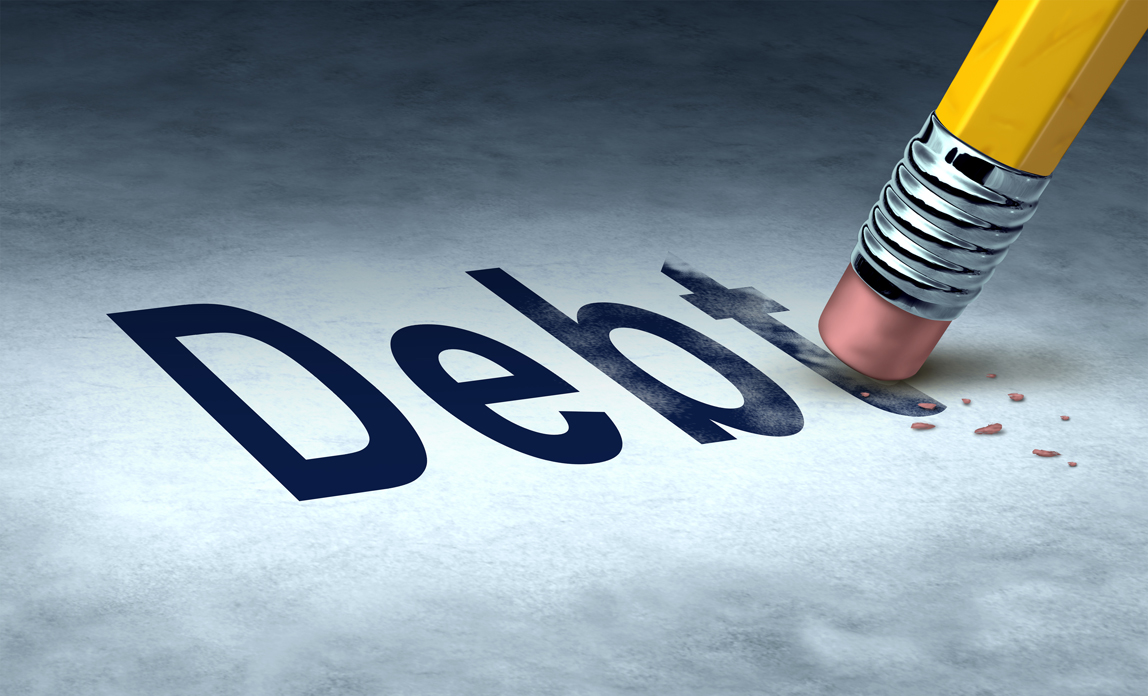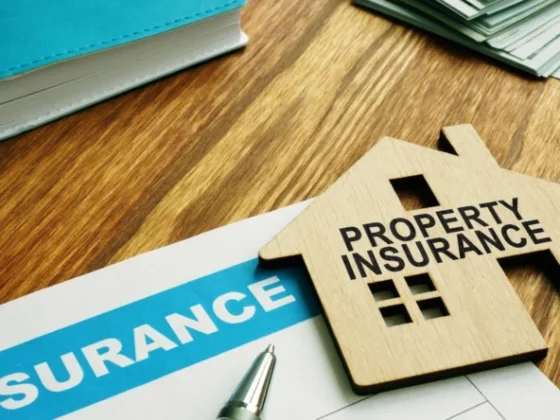In the intricate world of debt collection, navigating the murky waters of legal action can feel overwhelming. Facing delinquent accounts may evoke a sense of urgency, yet the decision to escalate matters legally should never be taken lightly.
When do you contemplate such a path? This question requires careful consideration, as the ramifications can ripple through your finances and relationships. From understanding the nuances of creditor rights to weighing the potential outcomes of litigation, the layers of complexity can be daunting.
Yet, armed with the right information and a clear strategy, you can effectively determine when its time to turn to the courts in the pursuit of overdue payments. In this article, we will explore the pivotal role that legal action plays in debt collection, illuminating the circumstances that might warrant such measures and the steps to take when preparing for this significant move.
The Stages of Debt Collection

The stages of debt collection unfold like a nuanced dance, beginning with the initial outreach where a creditor attempts to remind the debtor of their obligation—often through letters or phone calls. This phase is typically marked by a sense of urgency yet remains relatively informal.
If the debtor remains unresponsive or refuses to pay, the situation escalates into more formal measures, such as the involvement of collections agencies. Here, the tone shifts dramatically; communication becomes more assertive, and the stakes elevate significantly.
Should these efforts yield no results, creditors may resort to legal action, where the intricacies of the judicial system come into play. This final stage is not merely about recovering funds; it involves navigating through court proceedings, filing claims, and possibly obtaining judgments.
Each stage, with its unique approaches and emotional undertones, builds upon the last, illustrating the often complex journey of debt collection.
Types of Legal Action in Debt Collection

In the realm of debt collection, several types of legal action can be pursued, each with its distinct implications and processes. Creditors may initiate small claims court actions for debts that fall below a certain threshold, a streamlined approach that can often lead to quicker resolutions without the need for extensive legal proceedings.
Alternatively, a lawsuit in a higher court might be necessary for larger amounts, where the intricacies of litigation come into play—formal discovery, depositions, and potentially a jury trial add layers of complexity to the pursuit of recovery. Additionally, creditors may seek judgments, which serve as legal proof of the debt and can lead to wage garnishments or liens on property, tools that effectively leverage the legal system to secure repayment.
There are also options for settlements or payment plans, allowing for negotiation outside the courtroom, yet when faced with unyielding debtors, court orders can become an imperative tool in the creditor’s arsenal. Understanding these diverse avenues is critical for creditors contemplating legal action, as the choices they make can significantly affect both the process and outcome of their recovery efforts.
Conclusion

In conclusion, navigating the complexities of debt collection can be challenging, but understanding when to consider legal action is crucial. It is essential to weigh your options carefully and evaluate the circumstances surrounding the debt, including the amount owed, the debtors willingness to pay, and the potential costs associated with legal proceedings.
Engaging a law firm collection agency can provide valuable expertise and resources to help you determine the best course of action. Ultimately, pursuing legal avenues can lead to more effective recovery strategies, ensuring that your rights are protected while seeking to resolve outstanding debts in a just manner.



